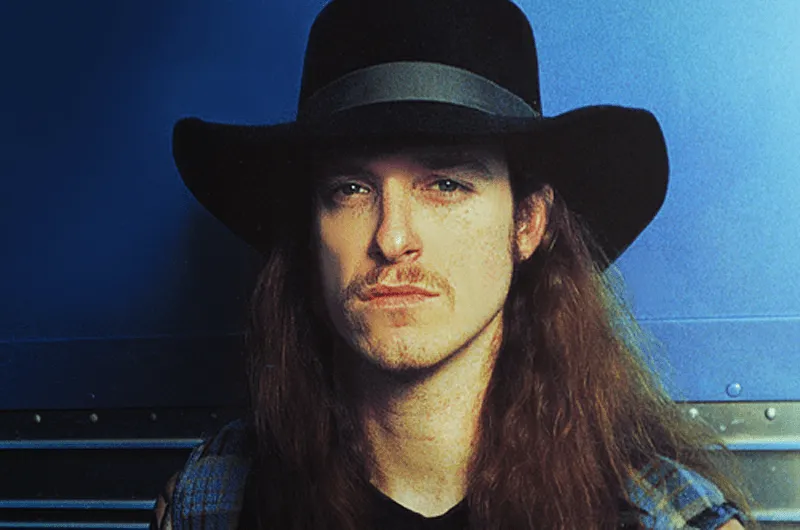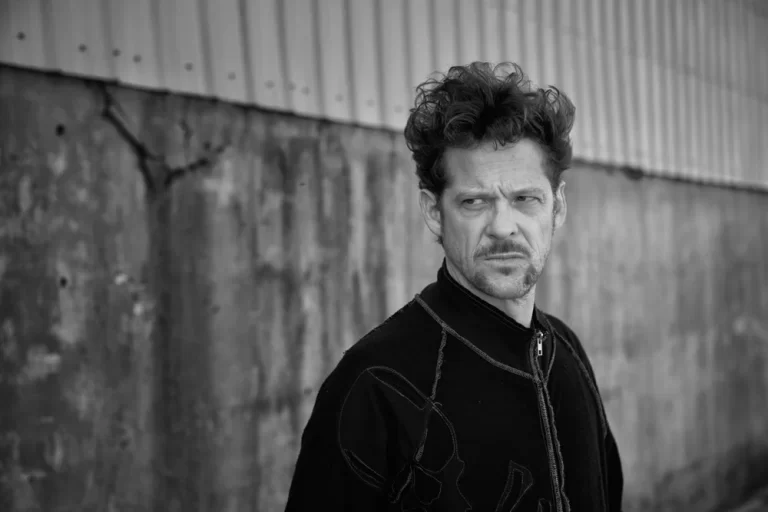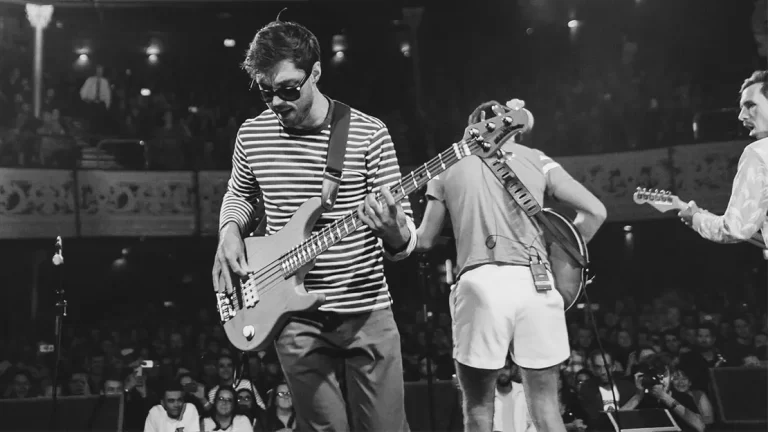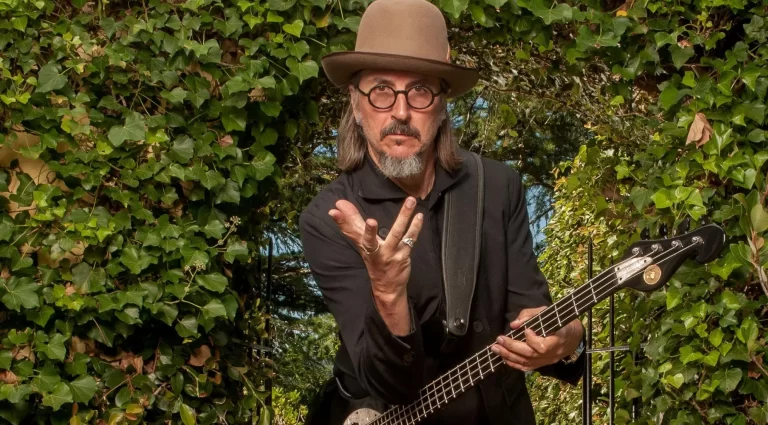Cliff Burton
One event can change your whole life. One person can change the history of a country. That’s how one musician brought fame to his band, opened up new possibilities for the bass guitar, and performed Bach’s minuet in the heavy metal style. Cliff Burton was a member of Metallica for only 3 years, but during that time, he helped the band find its unique style and wrote compositions with which the musicians still fill stadiums.

Cliff was born in 1962 in California, in the San Francisco Bay Area. His acquaintance with music took place at 6 and began with classical piano. The bass guitar appeared in the musician’s life later – at 13. His older brother, who skillfully played the bass, died of a cerebral aneurysm. Depressed by the tragic event, Cliff vowed to become the best bass player ever. From that day on, the guy decided to devote 6 hours daily to playing the bass. The musician refined his skill and started performing bass parts in his first bands.
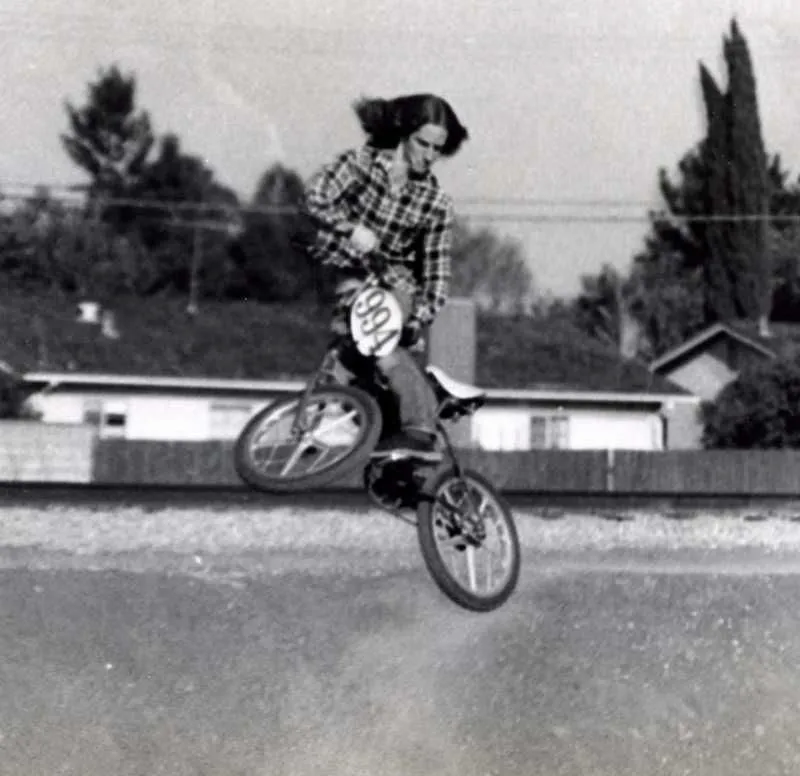
Personnel Issue at Metallica
Fast forward to Los Angeles, where other young, ambitious guys formed a band destined to contribute significantly to the development of heavy metal. The band leader, James Hetfield, knew Ron McGovney from school when they started performing their first songs on two guitars. Since Ron couldn’t play the guitar, James had to show him the parts he had to memorize. However, Ron had a rehearsal room, a car, and some money to buy instruments and equipment. Later, Lars Ulrich and Dave Mustaine joined the band as drummer and lead guitarist, respectively.
One day, the phone rang. I picked up the phone, and the man said: “I’m calling about your ads. I have 14 guitars, and I’m the coolest guitarist here. You’ll all be blown away by how I play.” And then, I went to the guys and said: “A guy was calling. I think he has delusions of grandeur. If he comes, his head will hardly fit through these doors.”
Ron McGovney
When Dave appeared, conflicts began to arise in the team. His uncontrollable character, coupled with alcohol and drug addiction, often called into question his stay in the band. But due to the lack of replacement and Dave’s professional qualities, the guys couldn’t expel him from Metallica.
One day, it all ended by itself. Mustaine was enraged and poured some beer on Ron’s guitar. That was the last straw that broke McGovney’s patience. The guy kicked his colleagues out of his house, leaving Metallica without a bassist and rehearsal space. It was time for a change.
Metallica’s New Bass Player
As part of Trauma, Cliff Burton was performing in one of the clubs in Los Angeles. Lars Ulrich and James Hetfield were impressed by his bass solo and decided that Cliff was perfect for them.
One could say that they made an intuitive decision.
Without knowing about Burton’s musical tastes, classical education, efficiency, and compositional skills, they no longer wanted another bass player in their band. The musicians agreed to move to San Francisco – that was Cliff’s condition. There was a new stage in the history of Metallica.
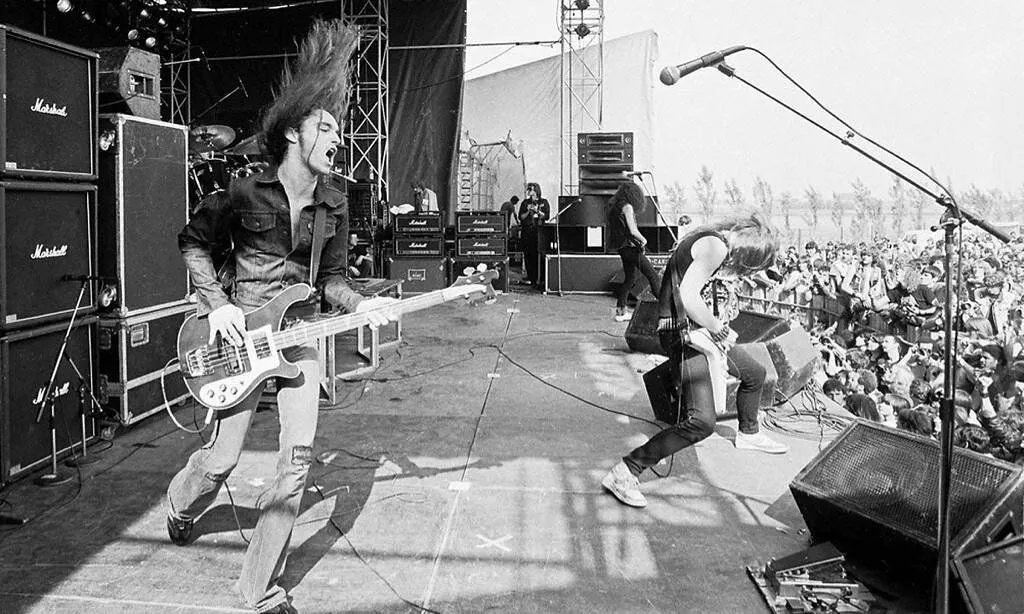
Cliff Burton Era
Cliff Burton was Metallica’s bassist for 3 years. During that time, the band released 3 albums and quickly gained popularity.
By the way, the title of the first album, “Kill ‘em All,” was Cliff’s idea.
The album’s original name was “Metal Up Your Ass.” The cover showed a dagger sticking out of a toilet. And sellers didn’t want to put it on display. Cliff suggested just… “Kill them all.” That positive album title with a new design – a bloody hammer – was a success.
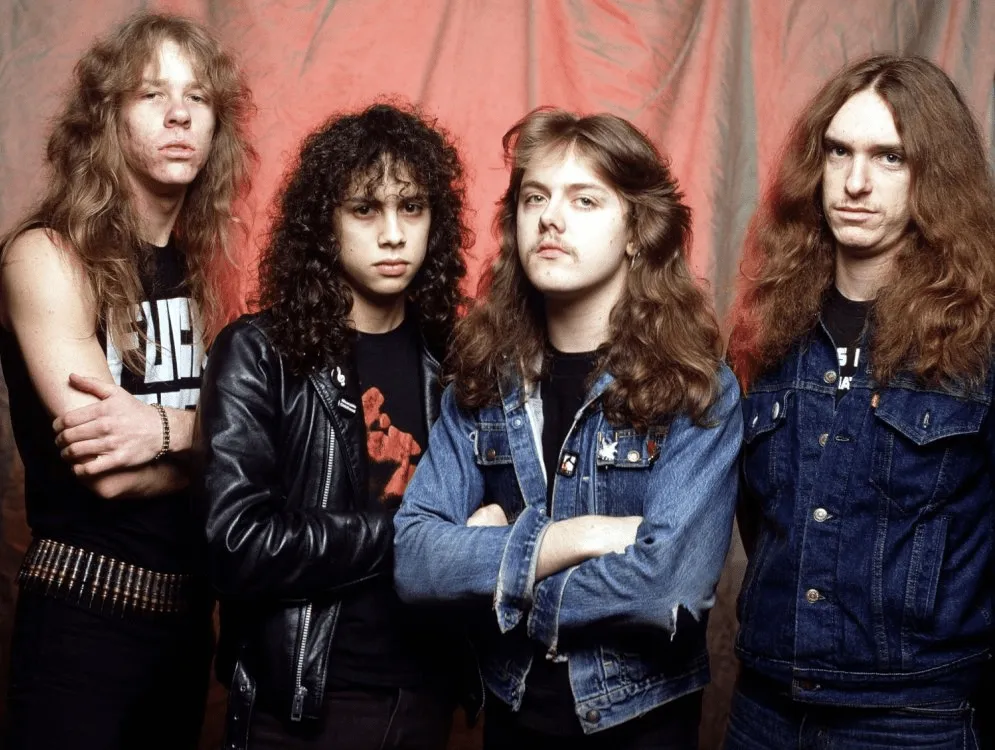
Cliff had a classical musical education and introduced music theory to his colleagues.
“Cliff had a unique personality and style. He was honest and totally musical. Cliff loved music. He was probably the only guy in the band who studied music properly: he took lessons, learned theory, and planted a harmony seed in me. I respected him completely because he had his own vision of how he wanted to be, and no one could fuck with that.”
James Hetfield
Burton co-wrote many songs on the band’s second and third albums. Metallica’s heavy music featured melodic virtuosic solos and even fragments of classical music (for example, an excerpt from Bach’s minuet in the intro to “Fight Fire With Fire”). “Master of Puppets,” “For Whom The Bell Tolls,” “The Call of Ktulu” – these compositions still occupy pride of place at Metallica concerts, being the band’s calling card.
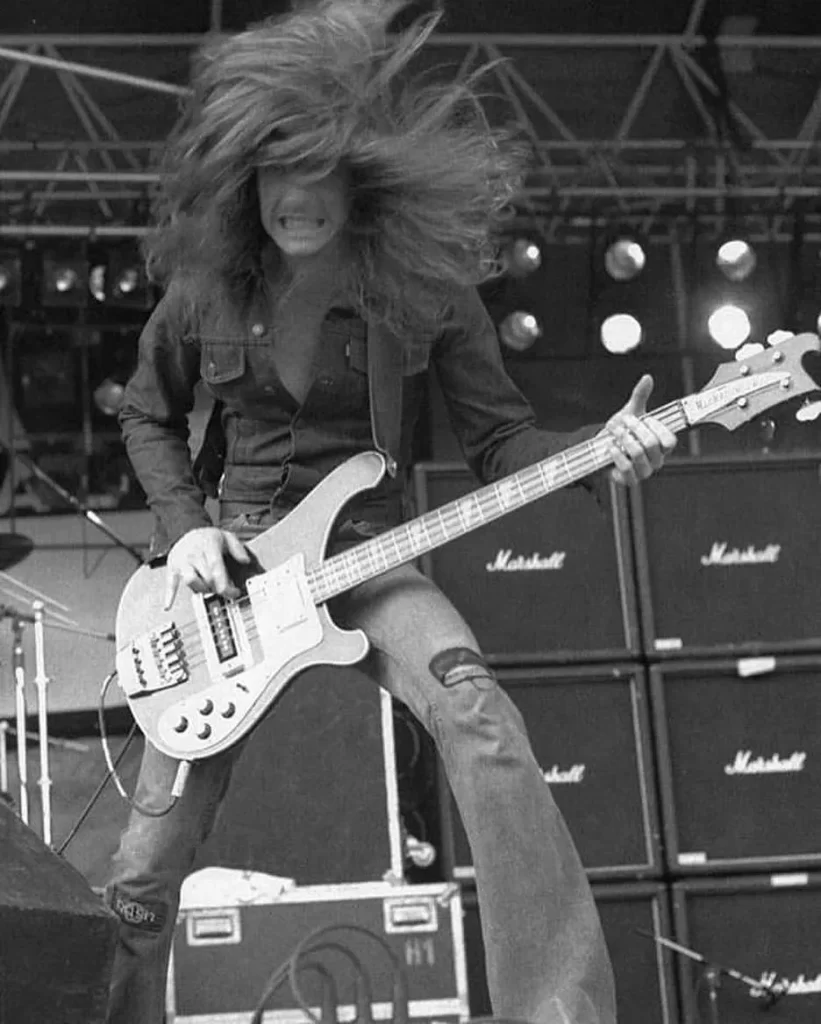
Cliff Burton used various playing techniques, which made him stand out from other bass players. Piano lessons positively affected his finger dexterity, and he didn’t stop bass training even during his active touring schedule. Besides, he didn’t use a pick.
Burton used the wah-wah effect extensively. You can hear it in the bass part of the intro of the song “For Whom The Bell Tolls.” In many compositions, the bass guitar solo sounds overdriven. For example, in (Anesthesia) Pulling Teeth, Metallica’s bassist put the bass through distortion. This effect requires a cleaner performance since it increases the volume of extraneous noise. Cliff Burton’s impeccable technique has proven the bass guitar is just as suitable for solo performances as the electric guitar. The musician’s creativity influenced the band’s style and genre development.
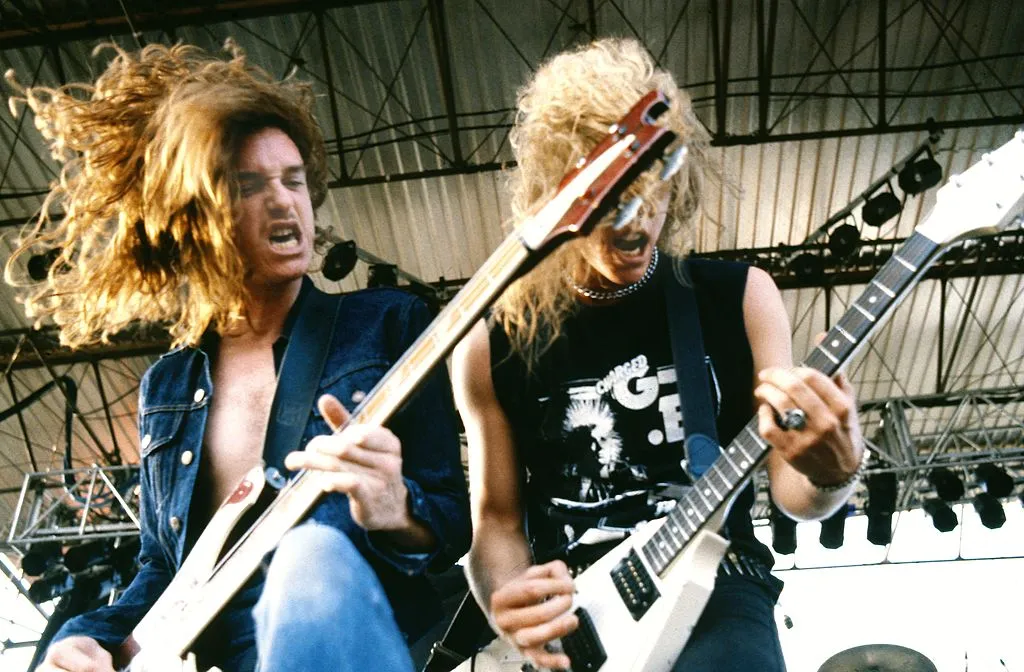
Cliff Burton’s Bass Guitars
Cliff used several basses during his career in Metallica. He started with a heavily modified Rickenbacker. Burton removed the stock pickups and installed a Gibson Evo neck humbucker and a Seymour Duncan Jazz bridge pickup.
Shortly after “Kill ‘em All,” Cliff selected Aria Black and Gold bass. In 2013, Aria released the signature model Aria Pro II Cliff Burton Signature Bass, a copy of that instrument.

- 4 strings;
- 7-ply neck-through (maple/walnut);
- Cliff Burton’s signature on the headstock;
- hand-set gold-plated pegs;
- rosewood fretboard with mother-of-pearl inlays;
- passive pickup;
- bronze bridge with gilded saddles;
- luxury case with gold fittings.
Cliff Burton’s Death
Metallica’s third album, “Master Of Puppets,” co-written by Cliff Burton, was a great success. The band played to packed houses in major European cities. That night, the musicians had to travel from Stockholm to Copenhagen on a tour bus. The sleeping quarters were cramped and uncomfortable. A deck of cards determined the outcome of the struggle between Cliff and James for the place they both liked. Cliff pulled out the ace of spades and got the most comfortable bed.
Early in the morning, the driver lost control. Cliff Burton fell halfway through the window of the bus, which then fell on top of him, killing him instantly.
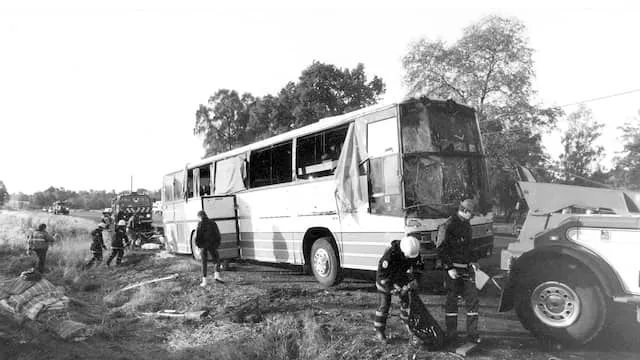
“It’s not new that people in rock ‘n’ roll die, but usually it’s self-inflicted in terms of excessive drink or drug abuse. He had nothing to do with it. It’s so useless. Completely useless.”
Lars Ulrich
The tragic death of the talented 24-year-old Metallica bass guitarist shocked not only the band members but also other rock musicians.
The band’s former lead guitarist, Dave Mustaine (who was by then replaced by Kirk Hammett), dedicated the song “In My Darkest Hour” to Cliff Burton. Despite his bad attitude towards other Metallica members, he considered Cliff his friend and a decent man. Many other musicians also respected Burton. His human qualities and performing skills made him an outstanding bass guitarist of his time. Anthrax and Metal Church released albums with tributes to Cliff Burton.
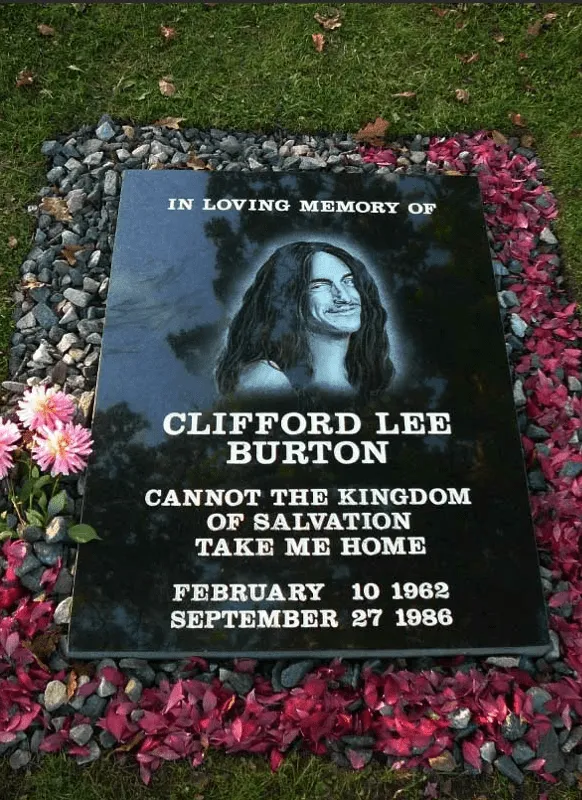
Metallica without Cliff
After some time, the band decided to move on and organized an audition for bass players. Jason Newsted, Burton’s biggest fan, beat out his competitors and was accepted into the band.
“Cliff Burton was a bass god. He was a guru. He played bass like no one had before or ever will. People copy him, but no one has that inner drive.”
Jason Newsted
But he never managed to replace Cliff. The band members didn’t accept the guy and bullied him. After 14 years of work, Jason finally left Metallica after another conflict.
In 2003, Robert Trujillo became Metallica’s bass guitarist, having already established himself in collaboration with such bands as Suicidal Tendencies, Black Label Society, and Ozzy Osbourne. The team accepted him warmly, appreciating Robert’s playing style and the fact he played without a pick, like Cliff did.
“You don’t burn out from going too fast. You burn out from going too slow and getting bored.”
This quote by Cliff Burton illustrates his entire short life. He was sincere, open to the world, and honest with himself, his colleagues, and his fans. His work largely determined the history of Metallica and heavy metal style.
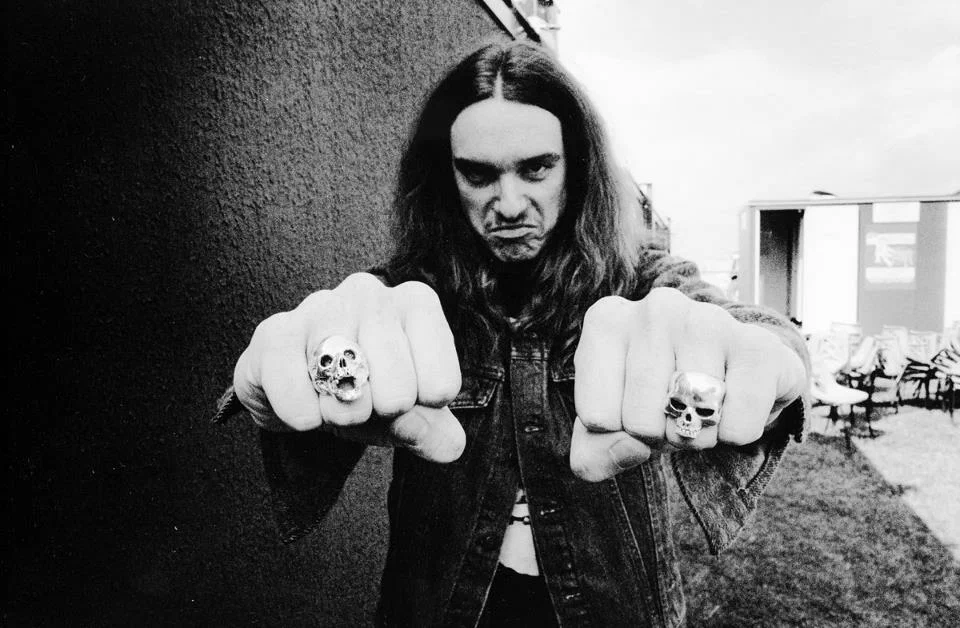

Hey, fellow bassists and musicians overall!
I’m nothing more than just bass player and enthusiastic blogger. Feel free to ask any questions in the comments.
Huge thanks for all crazy people who supports this resource. Keep groovin’!

